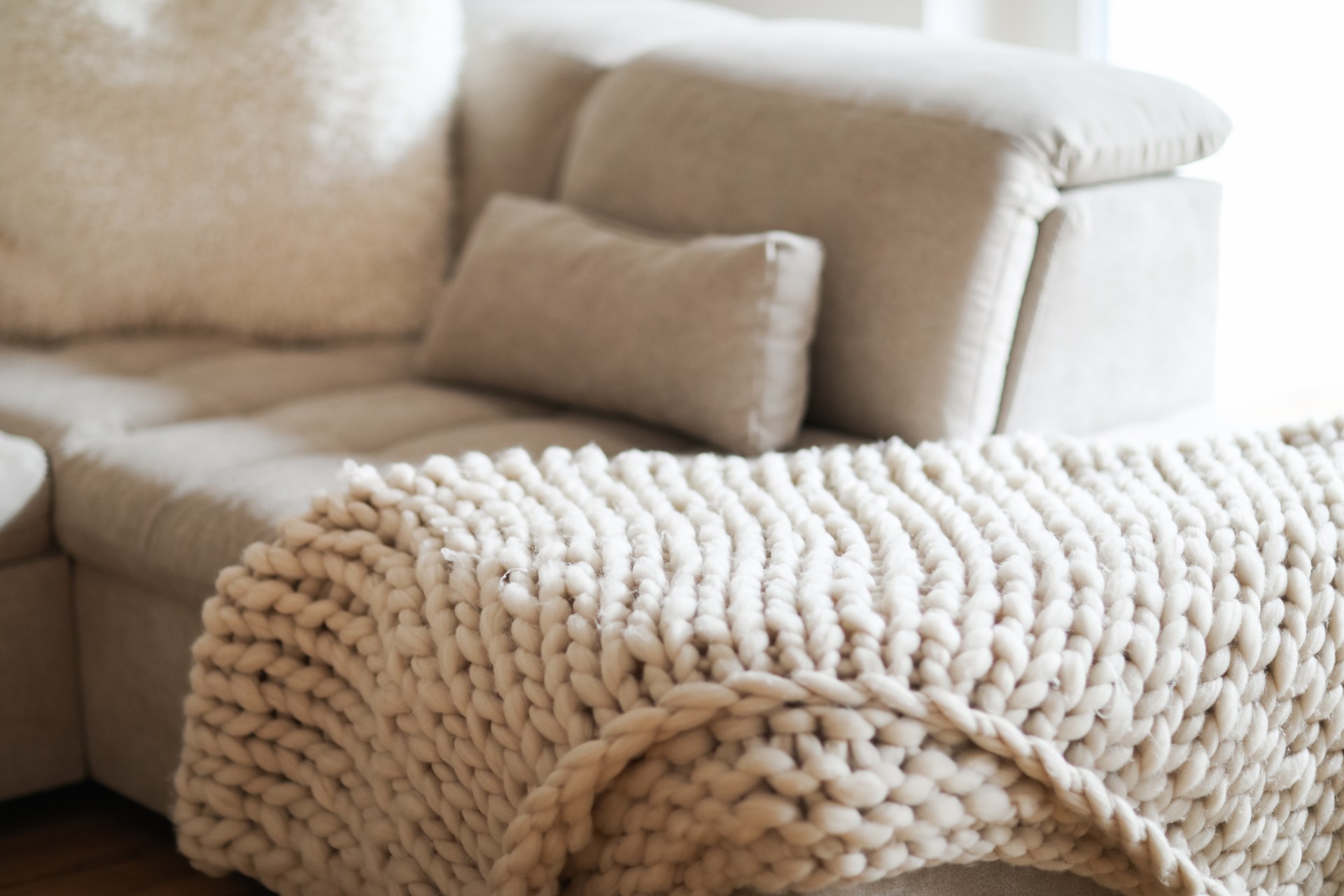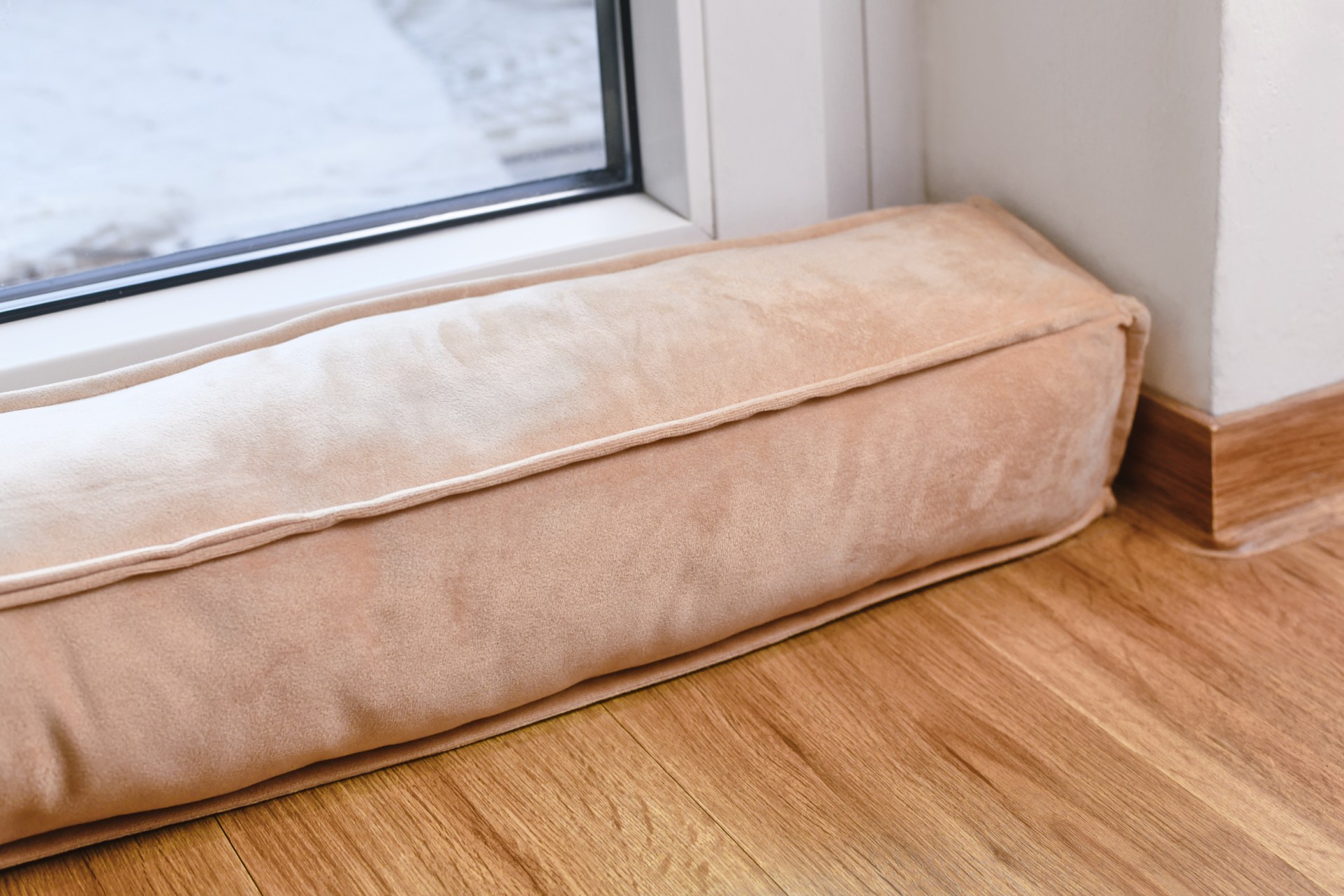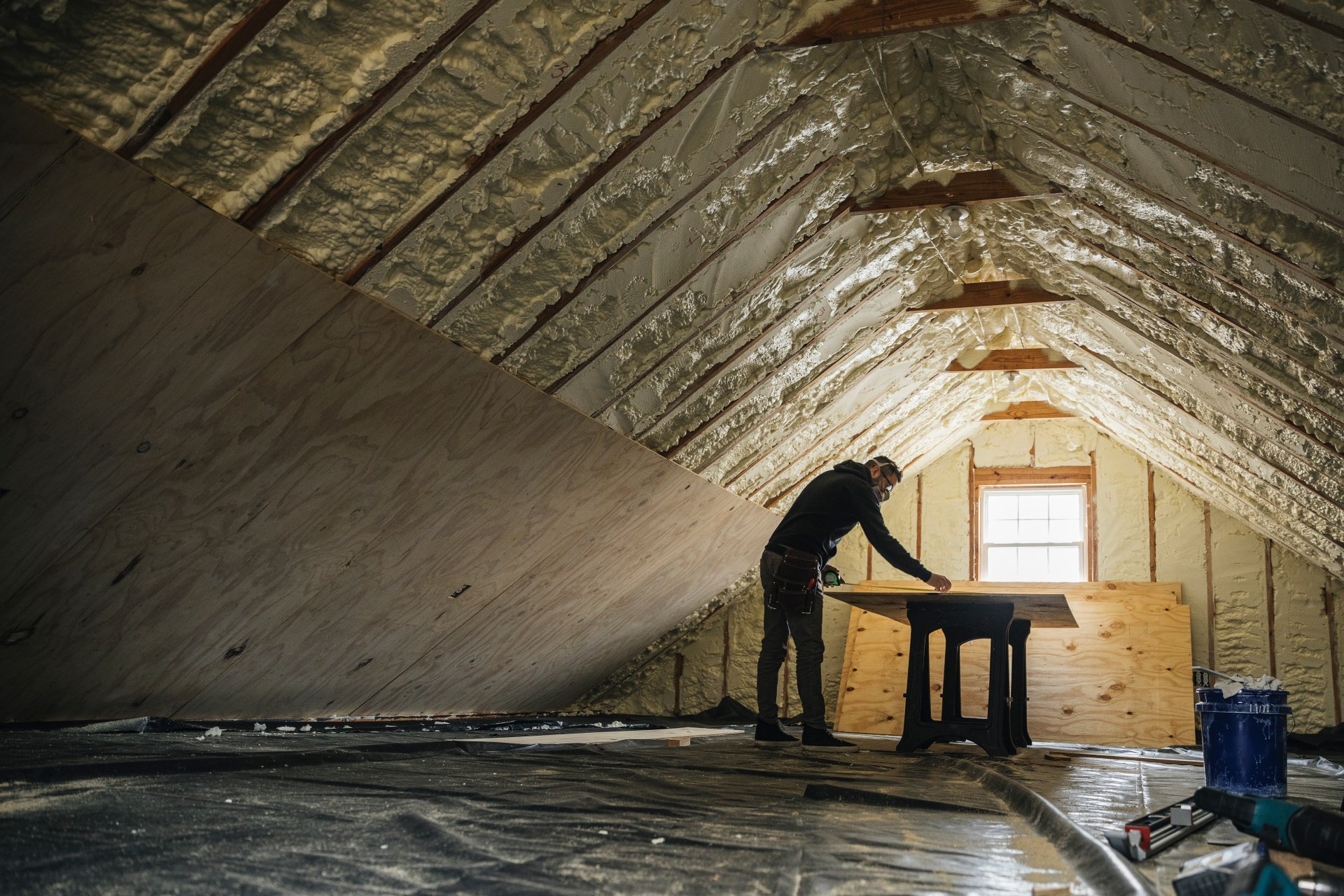With the UK experiencing a severe cold spell, numerous homes are feeling uncomfortably cold even with central heating in use. In addition ...

With the UK experiencing a severe cold spell, numerous homes are feeling uncomfortably cold even with central heating in use.
In addition to causing discomfort, cold living environments lead to various health complications, such as respiratory conditions, heart problems, and arthritis, along withmental health disorders.
Making smart home upgrades not only improves living conditions but also supports both physical and mental health, helping to ease pressure on healthcare systems and cut down on energy expenses — a vital equilibrium in the face of increasing daily costs.
Below are eight practical suggestions aimed at helping UK households remain warm, healthy, and energy-efficient during the winter season.
Replace curtains
As per the Energy Saving Trust, approximately 18% of a house's heat is lost through windows.
Although standard blinds provide limited insulation, thermal curtains form a heat barrier on glass areas, minimizing heat loss and decreasing heating costs.
An additional suggestion is to leave curtains open during the day to allow sunlight to provide warmth and close them in the evening to retain the heat within.
Invest in soft furnishings
Hard flooring options such as wood or laminate may let cold air penetrate, but thick, heavy rugs serve as extra insulating layers and prevent drafts from coming up through the floor.
In the meantime, cozy fabrics such as wool blankets, thick cushions, and velvet items provide both tangible warmth and a comfortable look for fall and winter.

Install new flooring
Homes built in earlier times frequently experience uneven wooden floors or spaces that compromise the effectiveness of insulation.
Putting high tog value underlays under carpets or flooring forms a thermal barrier that stops heat from escaping through the floor.
This minor adjustment can significantly boost heat near the surface, where chilly air usually accumulates.
Plug hidden draughts
Minor spaces around door frames, window panels, attic hatches, and unused fireplaces allow cold air to enter as if the windows were open.
Employing weather-resistant strips, door sweeps, or chimney balloons can effectively close these gaps.
Reducing drafts can greatly enhance indoor comfort by stopping cold air from entering, and as reported by the Energy Saving Trust, it can lead to savings of £40-£60 each year.

Keep radiators free
It might be appealing to position your couch near a heater to stay cozy while viewing television during a cold winter night, yet this could actually result in a lower temperature throughout your house.
Heating units obstructed by furniture prevent heat from spreading properly, causing some areas to remain chilly even when the heating system is active.
Hence, it is advisable not to position sofas, beds, or bulky furnishings right next to heating units.
Creating an open area enables heat to circulate easily, resulting in a more comfortable temperature throughout the room.
Improve insulation
A significant number of homes in the UK suffer from insufficient or worn-out insulation in their lofts and cavity spaces.
Raising the thickness of roof insulation from 120mm to the suggested 270mm significantly minimizes heat escape via the ceiling.
The Energy Saving Trust states that adding 270mm of new attic insulation could reduce annual heating expenses by as much as £230.
Employing cutting-edge sustainable materials, such as sprayed cork, provides improved insulation properties and ecological advantages.

Replace old boilers
Boilers that are over a decade old operate with reduced efficiency compared to modern versions, leading to increased fuel consumption and higher costs.
Switching to a new condensing boiler may result in annual savings of approximately £260 on energy costs.
In the meantime, having your boiler serviced annually ensures it functions effectively and increases its longevity.
Embrace heating improvements
Basic upkeep such as bleeding radiators and placing reflective panels behind them can lead to savings of up to £25 per year on heating expenses.
You can obtain both radiator keys and reflector panels from mostDIYstores, and performing these two actions will enhance radiators' effectiveness and stop heat from escaping into the walls.
In the meantime, adjustable heating controls and room thermostats enable you to manage the temperature of every radiator, ensuring you only heat the spaces you use, which is expected to cut costs by approximately £110 annually.
Do you have a tale to tell?
Contact us via emailArticlepedia TodayLifestyleTeam@Articlepedia Today.co.uk.
Comment now Comments Add Articlepedia as a Preferred Source on Google Add as preferred sourceRegister for Today's The Key newsletter at Articlepedia to get essential property stories, home improvement tricks, and advice on purchasing a house.



